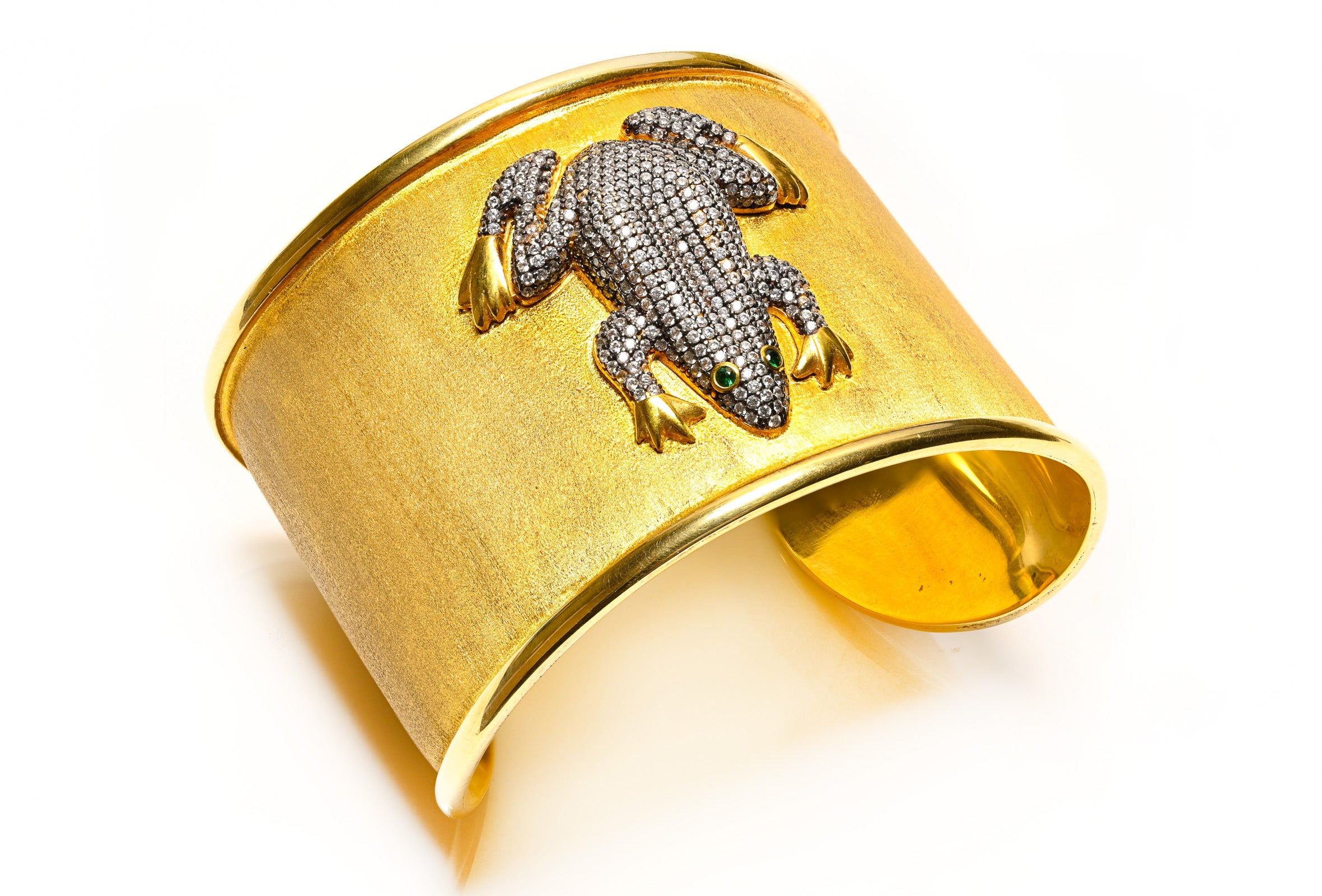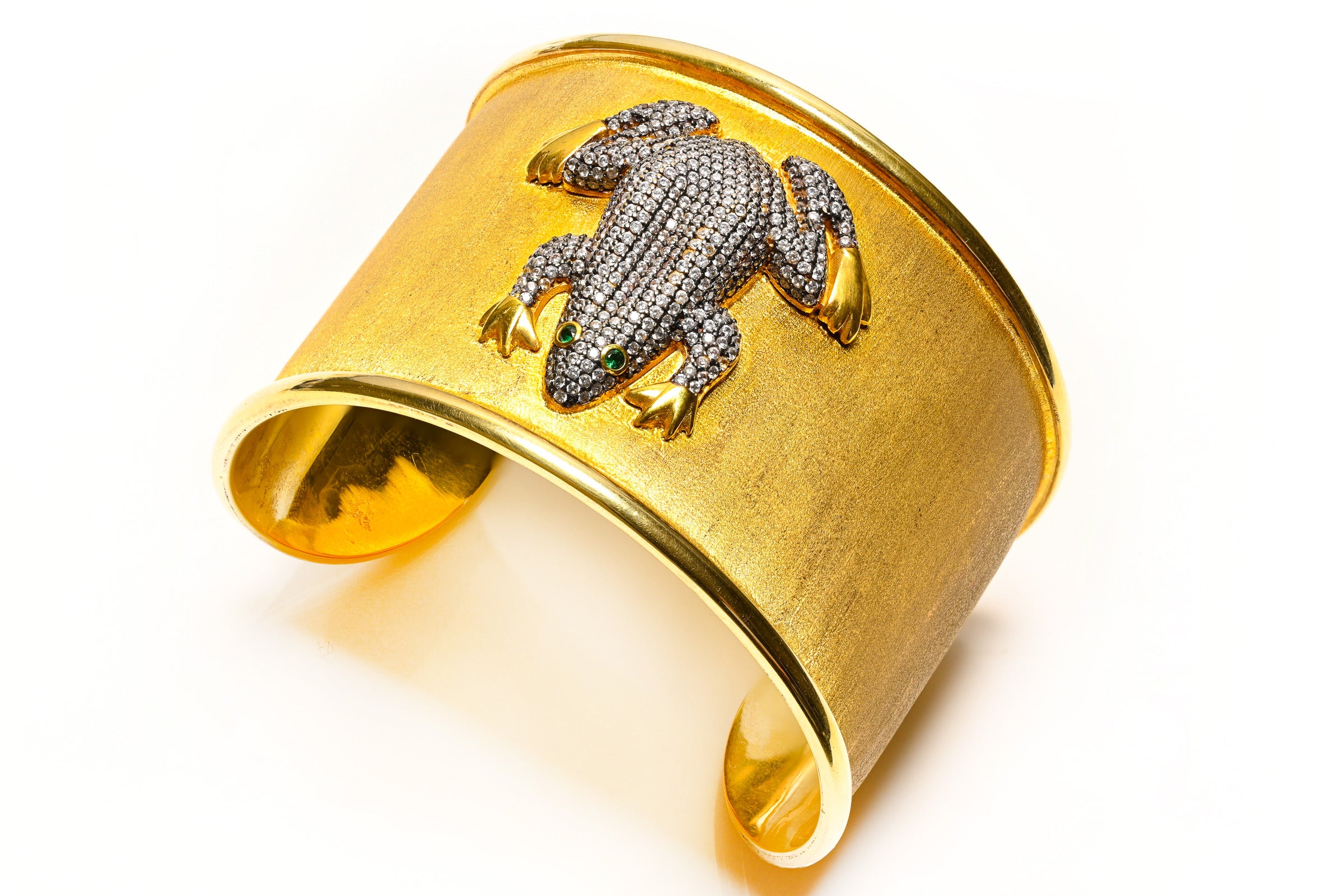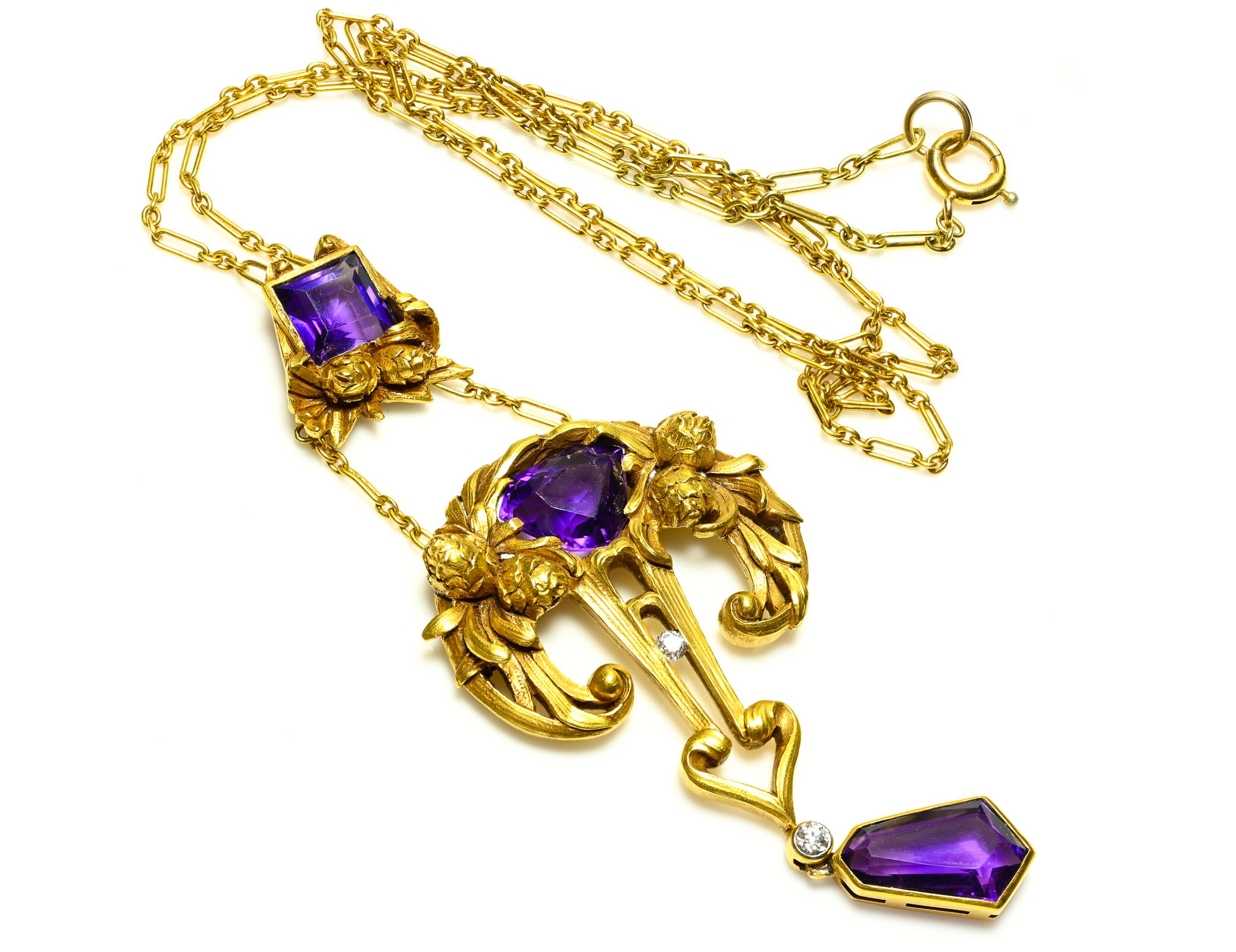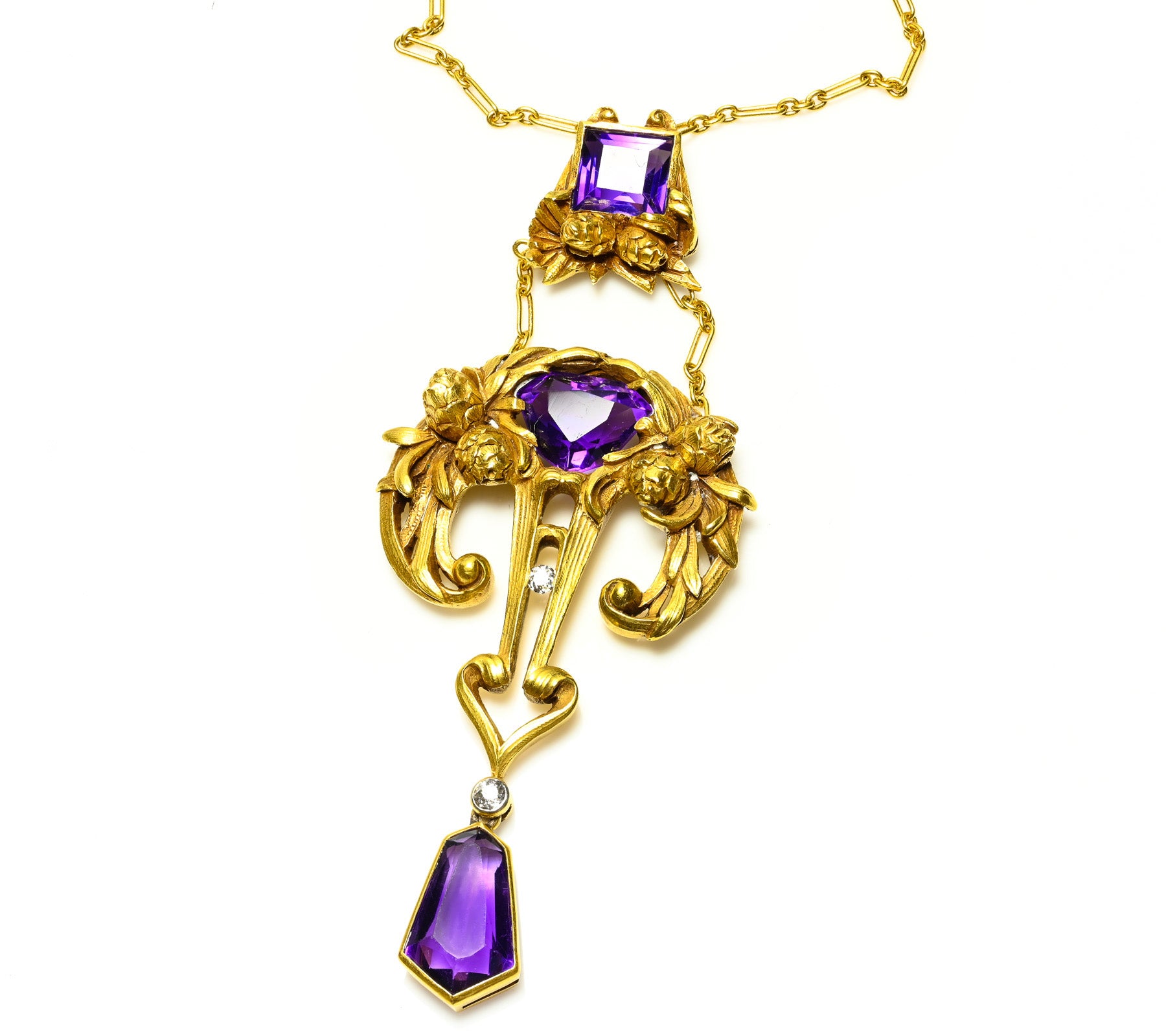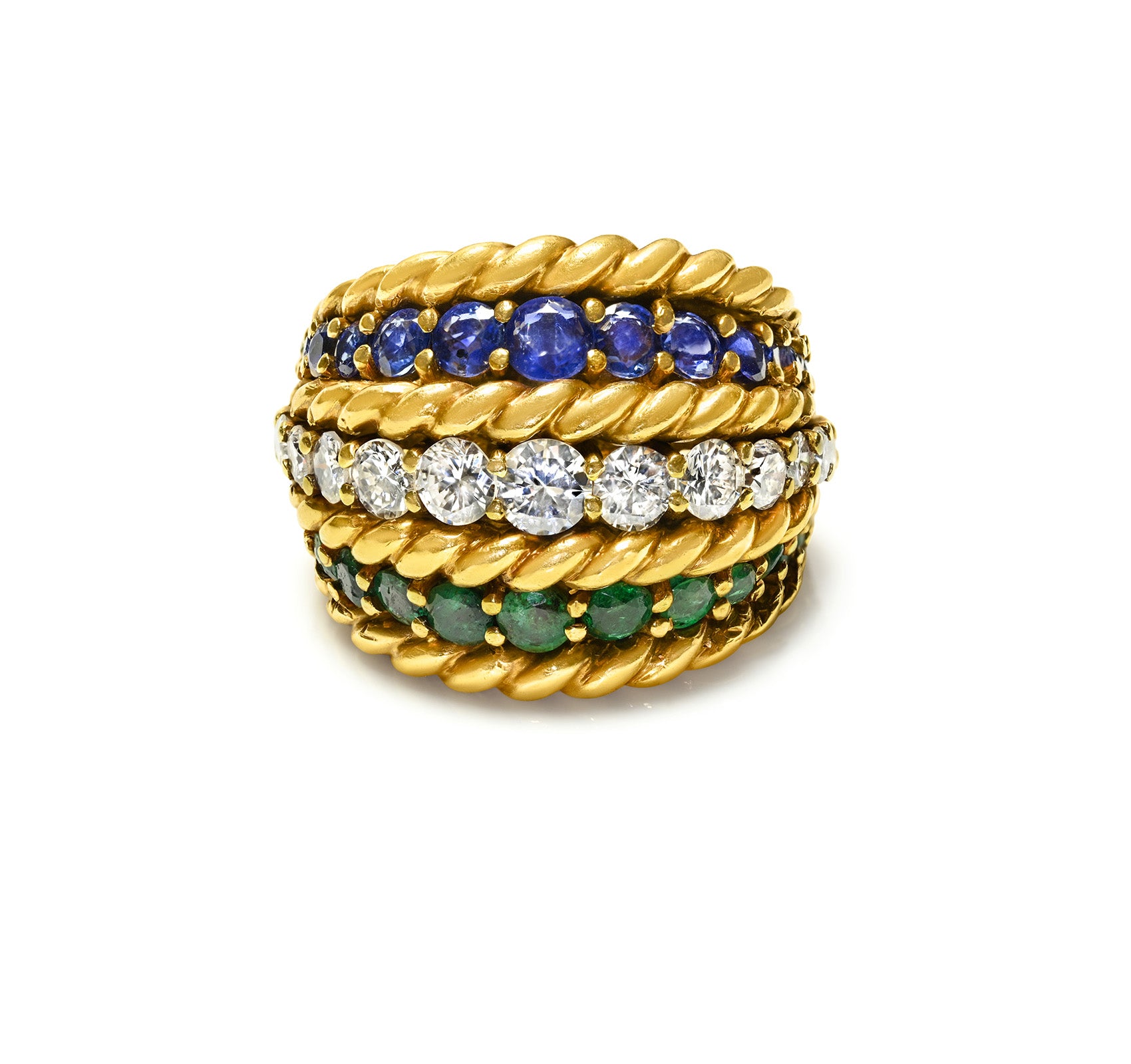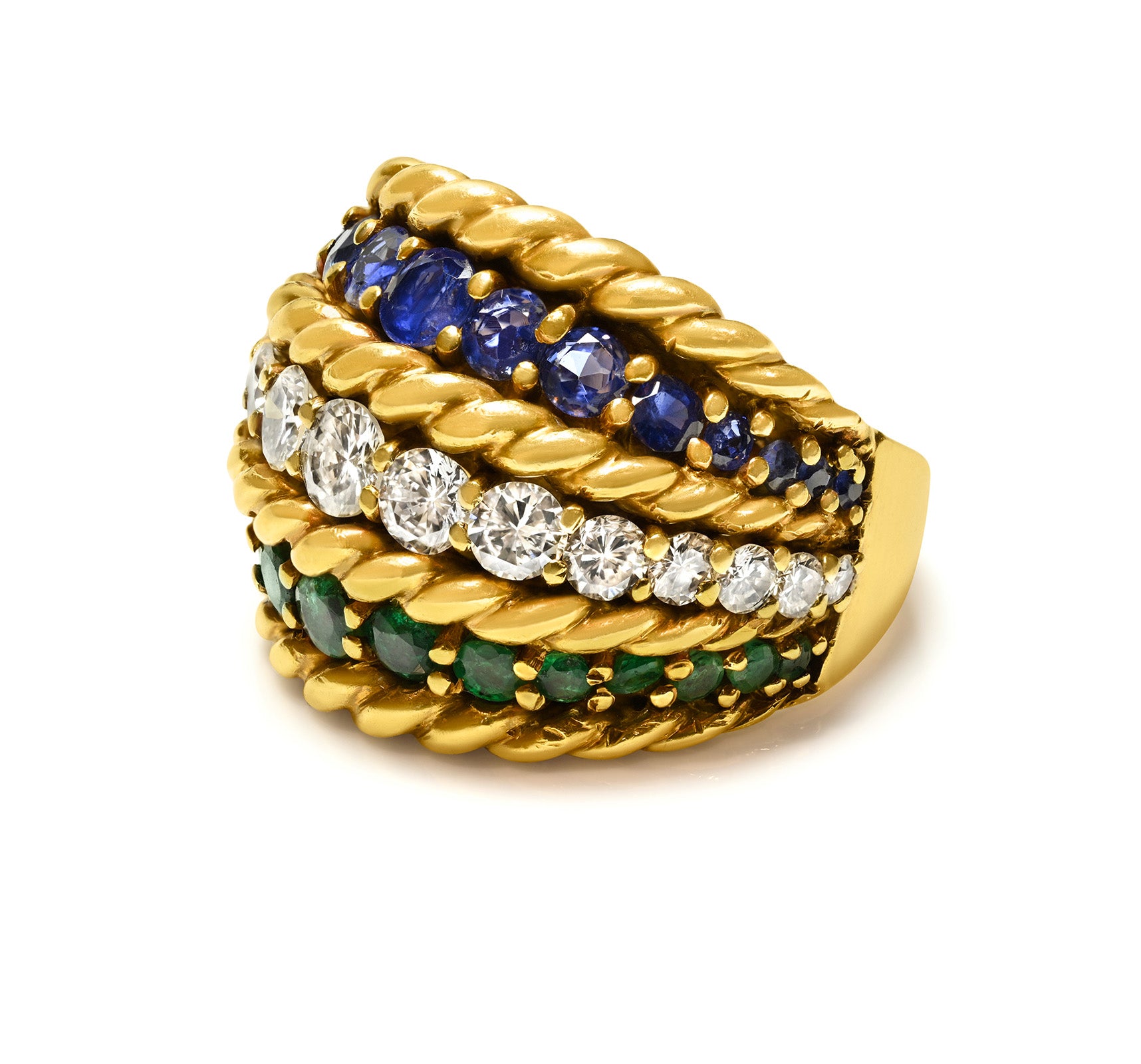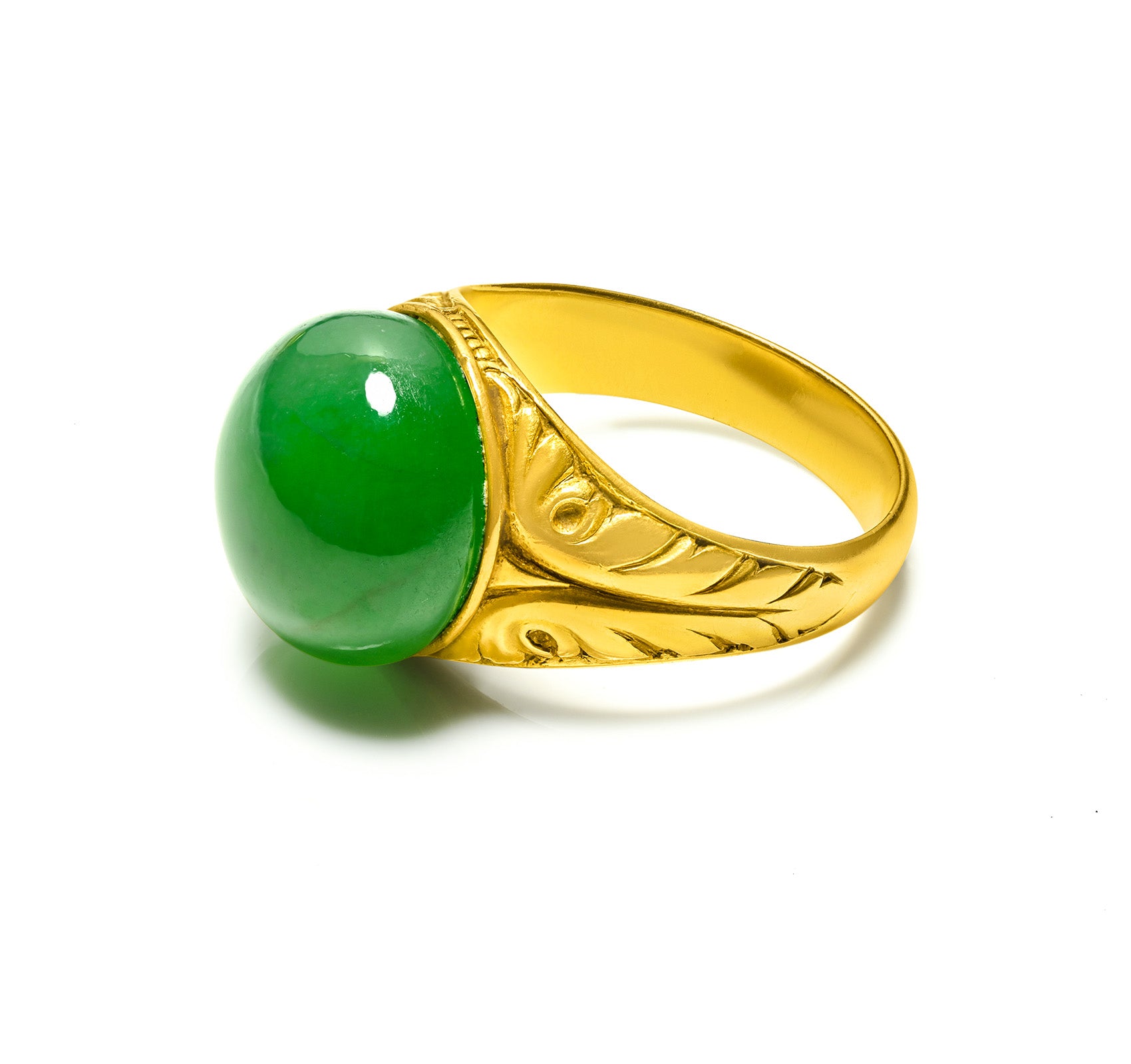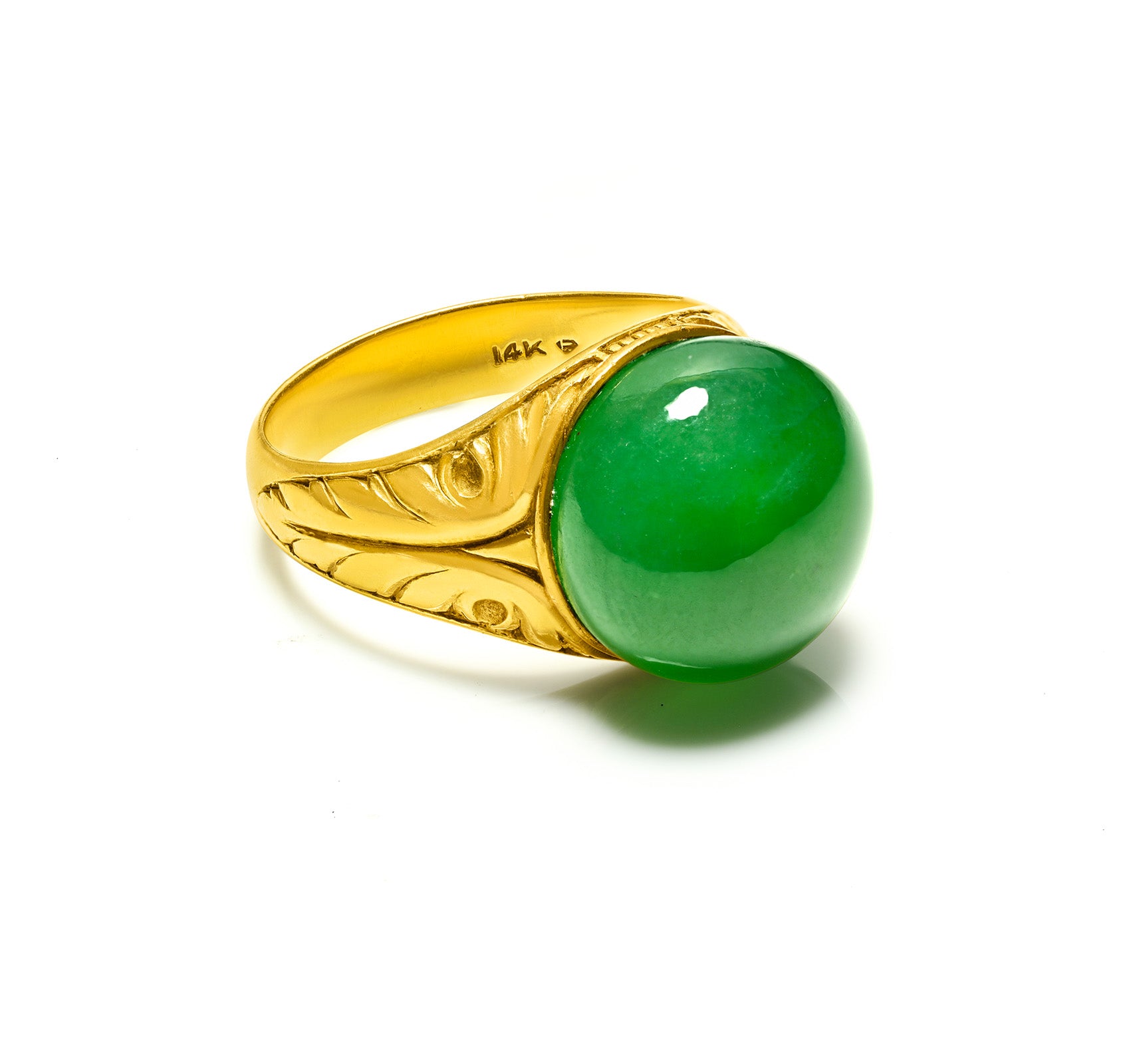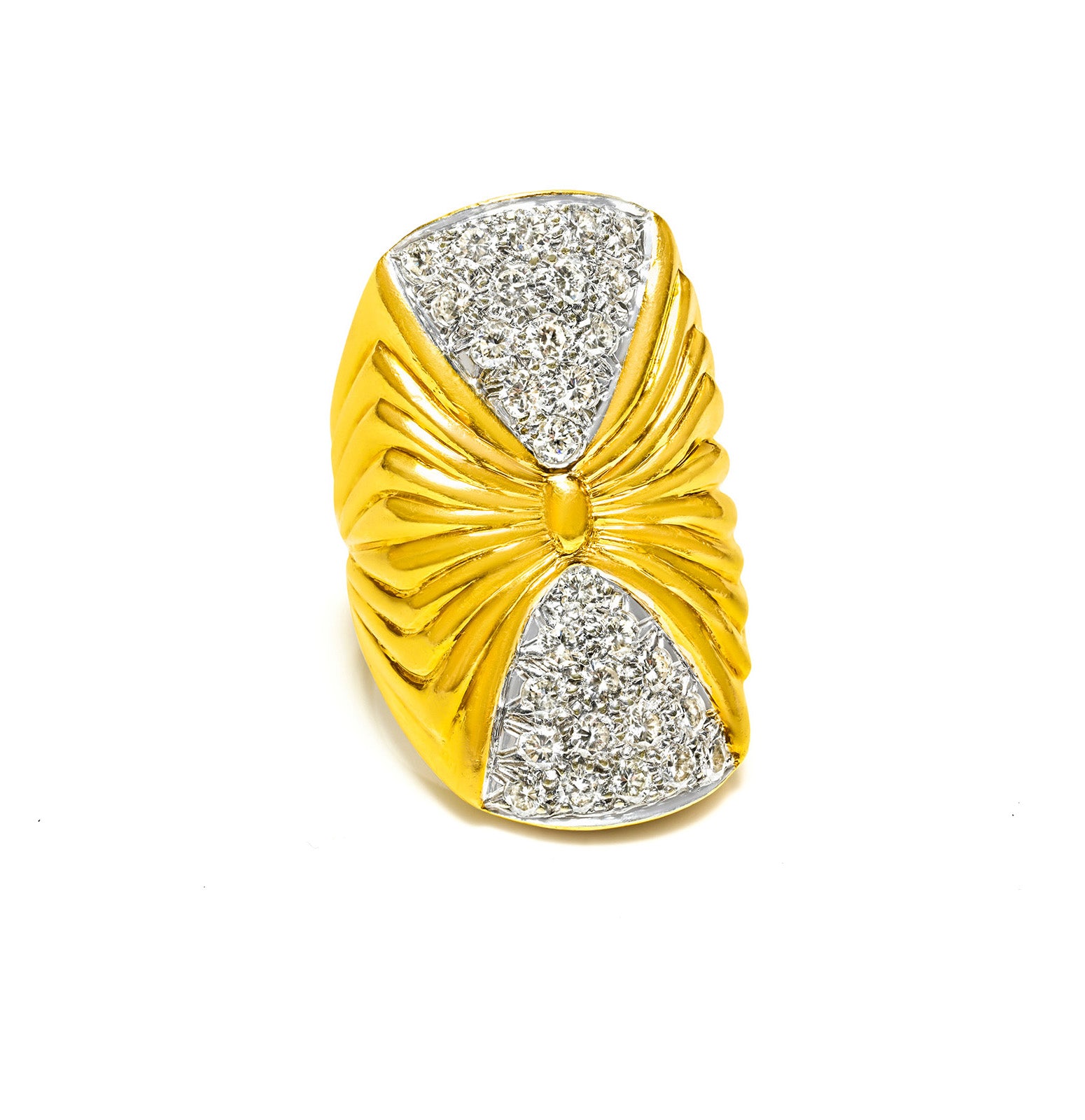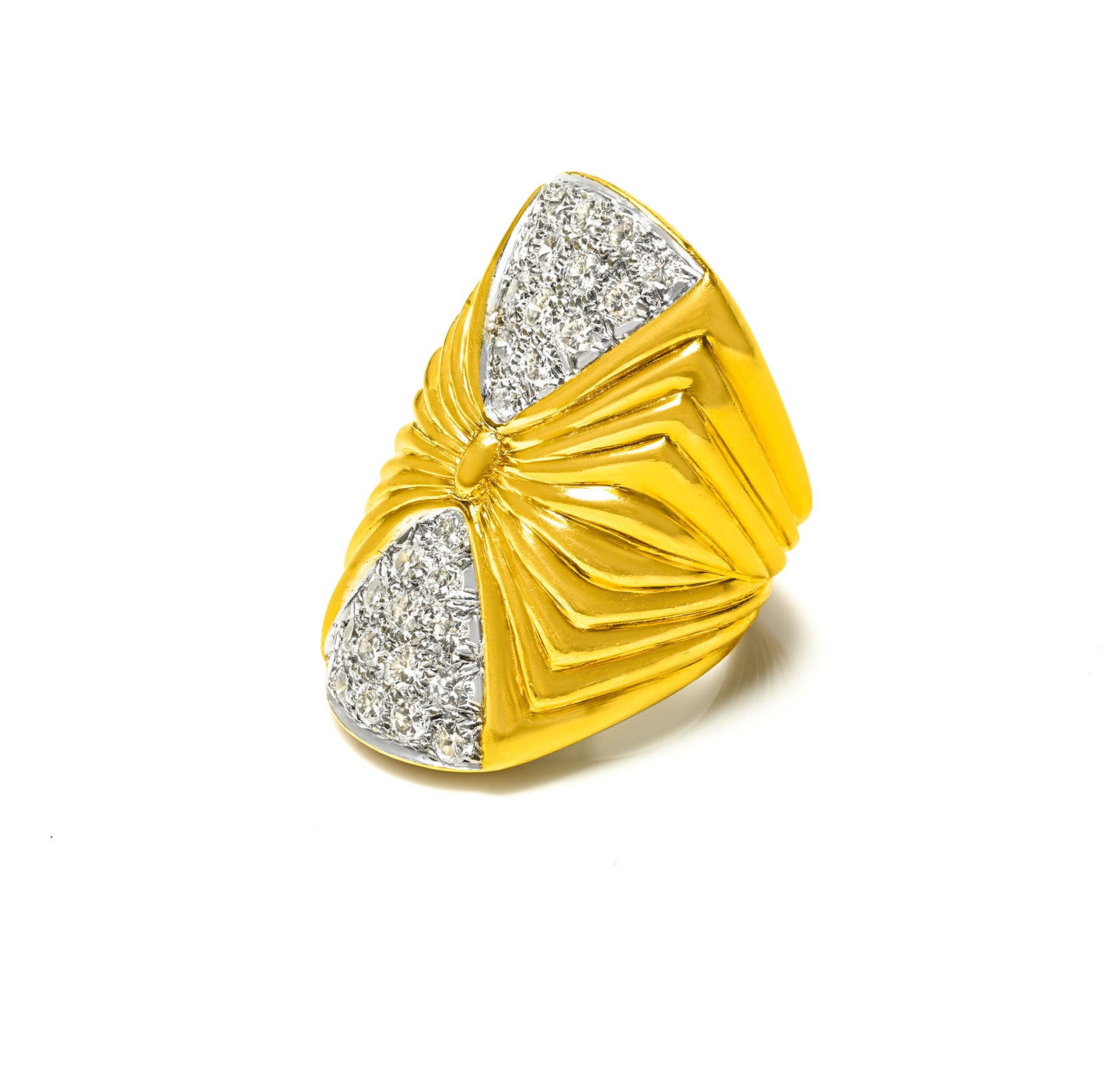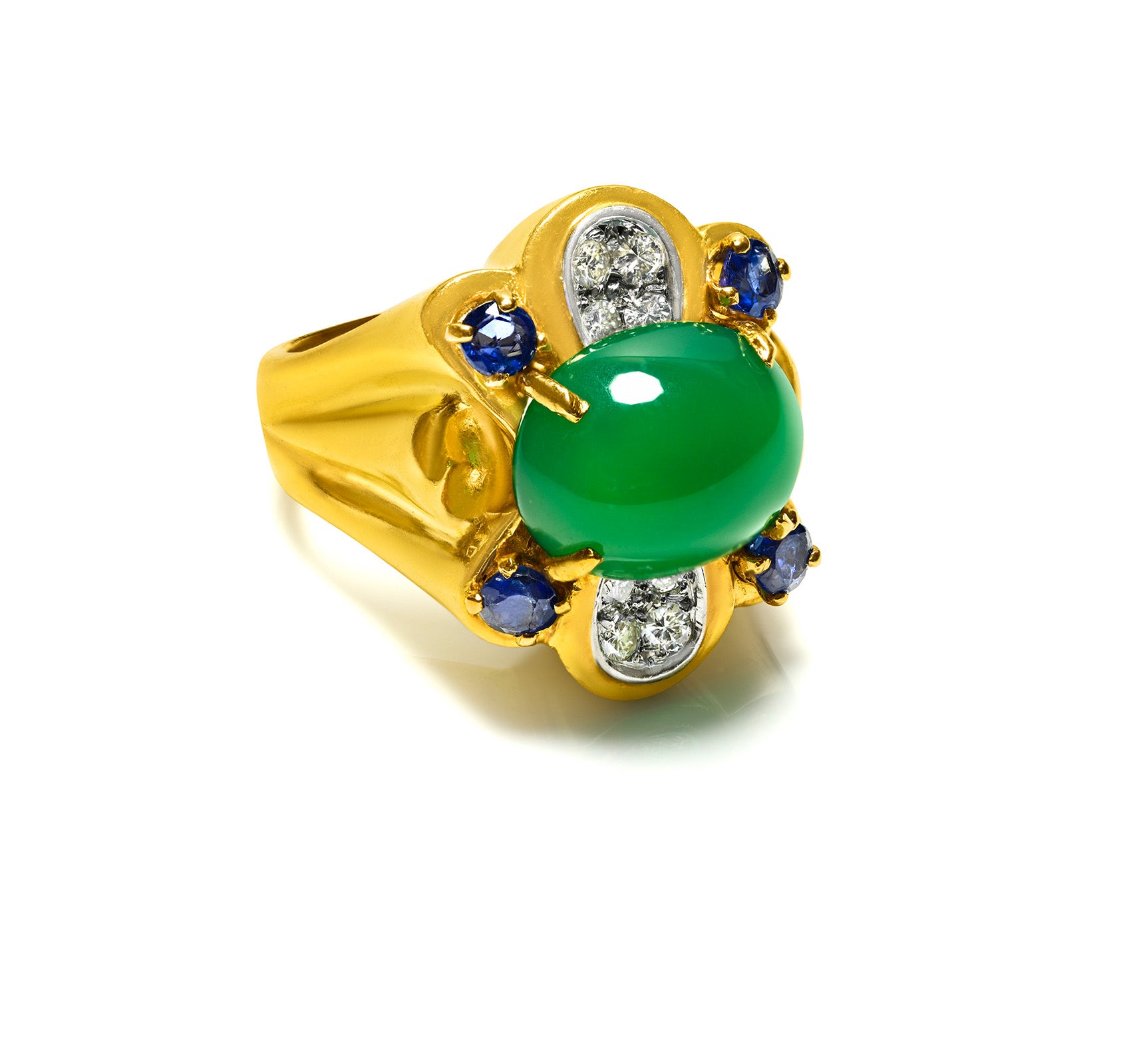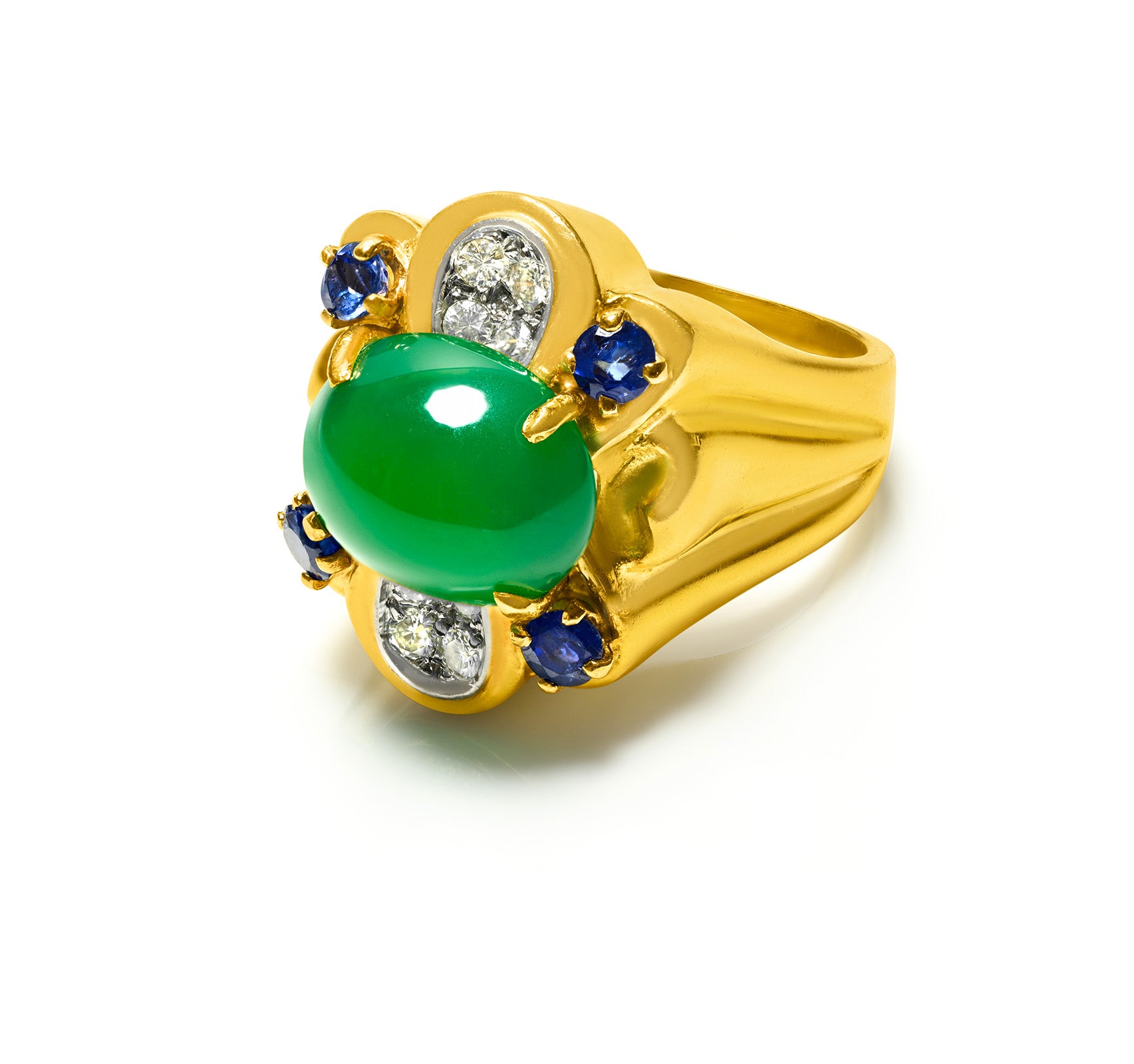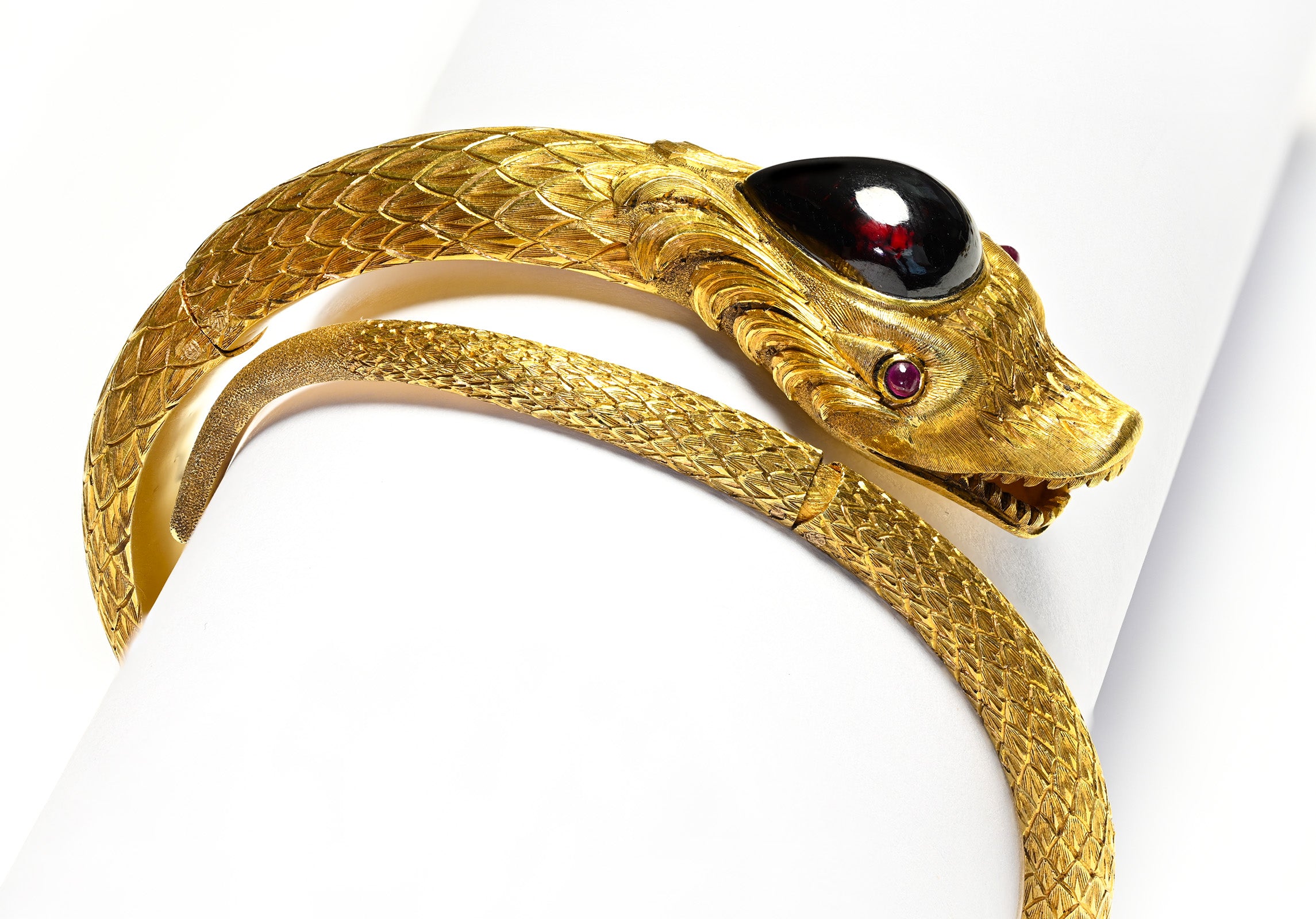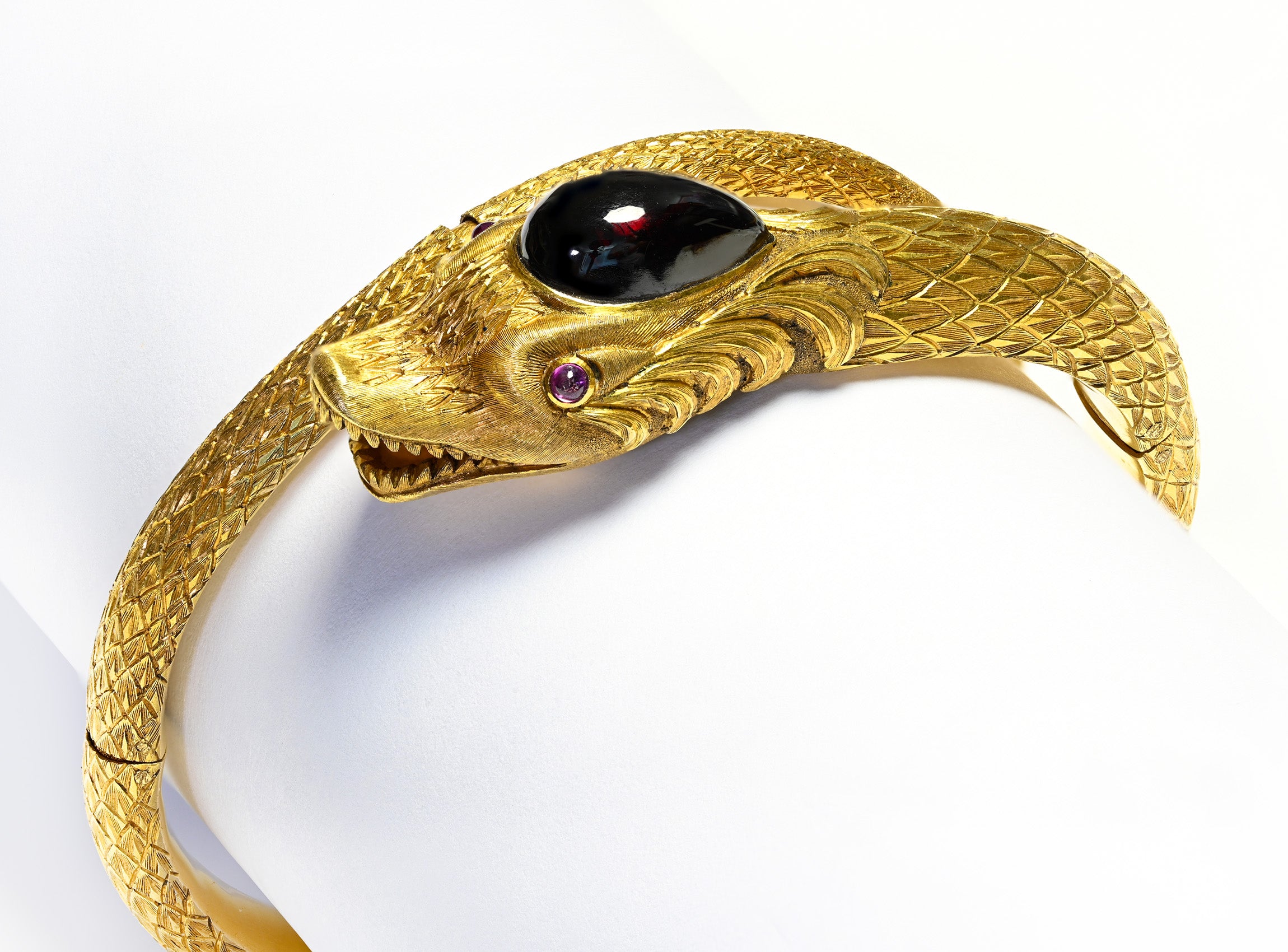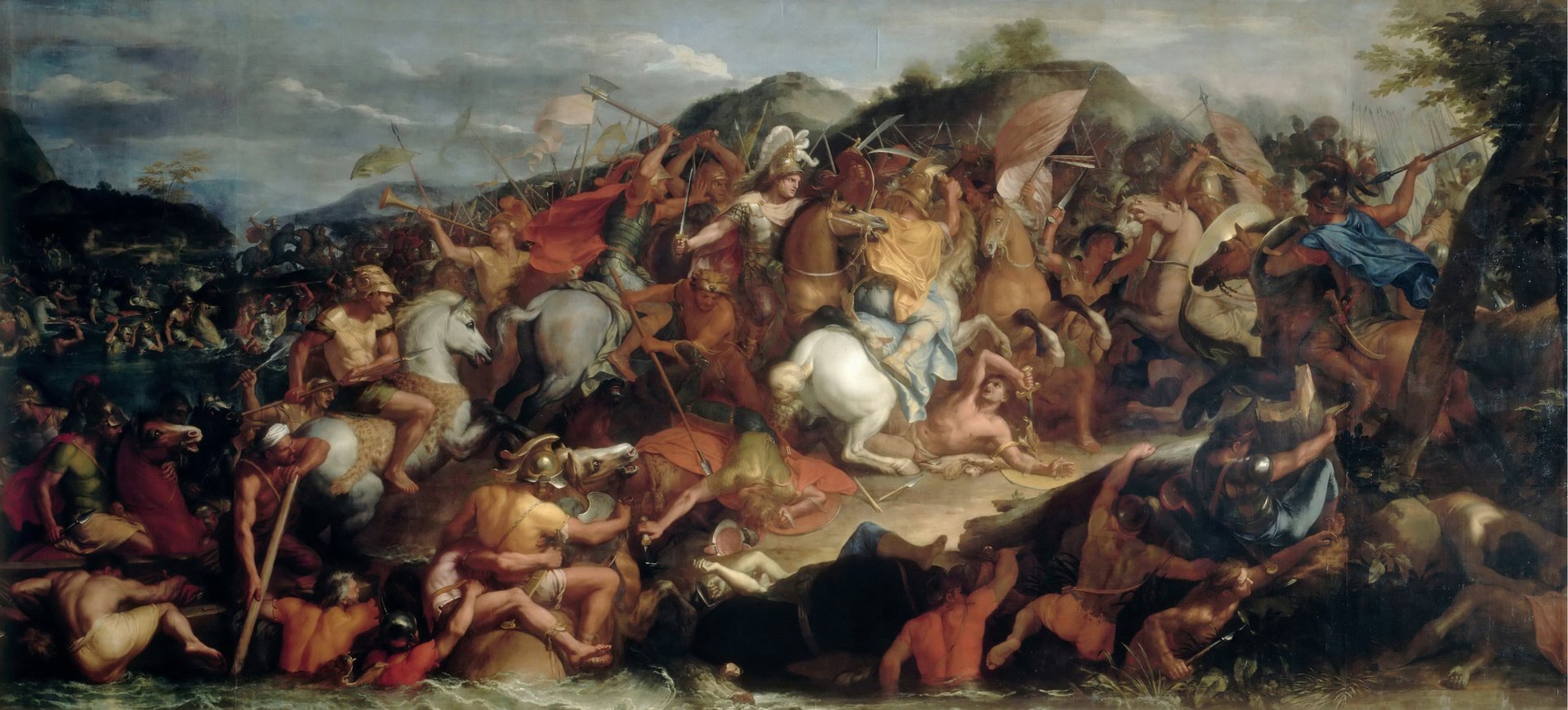
The Day a Yogi Defeated Alexander the Great | Power jewels
At only 16, Alexander won the first battle. At the age of 20, he became king of Macedonia, and at the age of 30, he became the conqueror of the East.
The military genius was charismatic, but also megalomaniacal and cruel. Enemy soldiers were killed, the cities that pose resistance were razed from the face of the earth, and their inhabitants were massacred. Nothing and no one stood in his way. Well... almost no one.
During his many travels across the world, Alexander the Great came at last to India - a mythical land where many accomplished spiritual masters lived. In this magical country, he will have several experiences that will mark him for the rest of his life.
Alexander the Great Was Defeated By a Yogi
At the moment when Alexander the Great was about to return to his country, he remembered that his people had asked him to bring them an Indian yogi since they heard a lot about these spiritual cultivators. They wanted to meet him and hear him speak for themselves.King Alexander was told that the yogis dwelt in the forest, and so he adventured in the deep wildness to find one of them. At one point, he found a yogi sitting underneath a tree in deep meditation.
After the yogi got out of the meditation state, Alexander requested the man to accompany him back to Greece, offering to give him anything he wanted in return.
Alexander the Great: I will give you everything you need or ask for. But, pray, do come with me. My people would love to meet you!The yogi: I need nothing, I am happy where I am.
Not being used to being turned down, Alexander the Great could not control himself and flew into a rage, unsheathing his sword.
Alexander the Great: Do you know who is speaking to you? I am the great king Alexander. If you will not listen to me. I shall kill you - cut you into pieces!
The yogi answered unperturbed: You cannot kill me. You can only kill my body. And the body is but a garment I have worn. I am not the body. I am that which dwells within the body. You say you are a king. May I tell you, who you are? You are a slave of my slave!
Alexander the Great was stunned: How am I a slave of your slave?
The yogi explained, with a kind voice: I have mastered anger. Anger is my slave. See, how easily you gave way to anger. You are a slave of anger, and, therefore, a slave of my slave!
This was the day when Alexander the Great was defeated by an Indian yogi.

Another time, when his gigantic was camping on the bank of a river in Punjab and preparing for the battle with King Porus, Alexander's attention was cough by another peculiar spiritual cultivator.
The old man had long hair, an unkempt beard, and wore only a loincloth. He would sit for hours, every day, under a tree near the Greek army's camp, in a particular posture, staring at the horizon.
Intrigued, one day, Alexander the Great approached the weird-looking man and started a conversation with him.
Alexander the Great: We see you every day sitting under the tree for hours looking at the horizon. What are you really doing?
The cultivator did not answer.
Alexander the Great insisted: While we are gearing up for battle, we find you sitting here and doing nothing. What are you up to?
The cultivator still did not answer.
Alexander the Great: You can at least tell us what your purpose in life is, that you sit here for hours day after day doing nothing?
The cultivator: What is your purpose in life?
Alexander the Great: I am Alexander the Great and I am out to conquer the world.
The cultivator: So what will you do after that?
Alexander the Great: I shall take all the elephants and horses from the vanquished lands to my country.
The cultivator: Suppose you achieve that, King. After that?
Alexander the Great: I shall take all the men, the prisoners of war from these countries as our slaves and all the women to entertain us in Macedonia.
The cultivator: What an ambition! All the men as slaves and women as entertainers! Supposing you achieve even that, what will you do after that?
Alexander the Great, after he was quiet for some time and thought: After that, probably I shall sit on my throne and relax.
The cultivator smiled: That’s what I am doing.
Alexander The Great Vs. The Indian Gymnosophists
The Macedonian King had another colorful encounter with several gymnosophists - ancient Indian philosophers who pursued asceticism - that he captured and brought to Taxila. Because the gymnosophists had a reputation for their wisdom, Alexander thought to play a game with them.

The King said that he would ask each of them a question, and put to death the one who had the worst answer, after which the oldest gymnosophist was appointed judge.

Alexander the Great: Which are more numerous, the living or the dead?
Indian Gymnosophist number 1: The living, for the dead, do not exist any longer.
Alexander the Great: Which breeds the larger animals, the sea or the land?
Indian Gymnosophist 2: The land, for the sea, is only a part of the land.
Alexander the Great: Which is the cleverest of beasts?
Indian Gymnosophist 3: That one with which man is not yet acquainted.
Alexander the Great: Which existed first, the day or the night?
Indian Gymnosophist 4: The day was first…by one day. Impossible questions require impossible answers.
Alexander the Great: How may a man make himself beloved?
Indian Gymnosophist 5: A man will be beloved if, possessed with great power, he still does not make himself feared.
Alexander the Great: How may a man become a god?
Indian Gymnosophist 6: By doing that which it is impossible for a man to do.
Alexander the Great: Which is stronger, life or death?
Indian Gymnosophist 7: Life, because it has to bear so many evils.
Alexander the Great: How long should a man live?
Indian Gymnosophist 8: As long as he does not think it is better to die than to live.
Turning to the judge, Alexander ordered him to pass the sentence.
Indian Gymnosophist Judge: In my opinion, each has answered worse than the other.
Alexander the Great: Then you shall die first for giving such a sentence.
Indian Gymnosophist Judge: Not so, O king, unless you said falsely that he should die first who made the worst answer!
At this point, Alexander the Great was stunned. He was so amused at the cleverness of these ancient Indian philosophers that he decides to set them free and also gave them many presents.
The Symbolic Jewelry of Alexander the Great
Throughout his life, Alexander the Great was adorned with some of the most significant and symbolic jewelry of the ancient world. These pieces were not just ornamental, but they carried deep meaning, reflecting his role as a ruler, and conqueror.
-
Gold Diadems – As the symbol of kingship, Alexander often wore gold diadems, specifically those influenced by Persian designs after his conquest. The Hercules knot diadem, in particular, was an iconic symbol, representing both strength and divine lineage.
-
Wreaths of Victory – Gold wreaths, resembling olive or laurel leaves, were not only given to victors in athletic games but also worn by kings like Alexander to symbolize their victories on the battlefield.
-
Armbands and Bracelets – Gold armbands, adorned with intricate designs such as mythological figures or symbols of war, were another form of jewelry that Alexander wore, reflecting his martial prowess and divine right to rule.
-
Gemstone Cameos and Intaglios – Alexander’s era saw the rise of engraved gemstones, which often depicted gods or royal insignias. These items were a testament to the wealth and artistic influence that expanded during his reign.
For Alexander, these pieces of jewelry were more than mere decorations—they were powerful symbols that affirmed his control over vast territories, and his legendary status as one of history's greatest conquerors.



